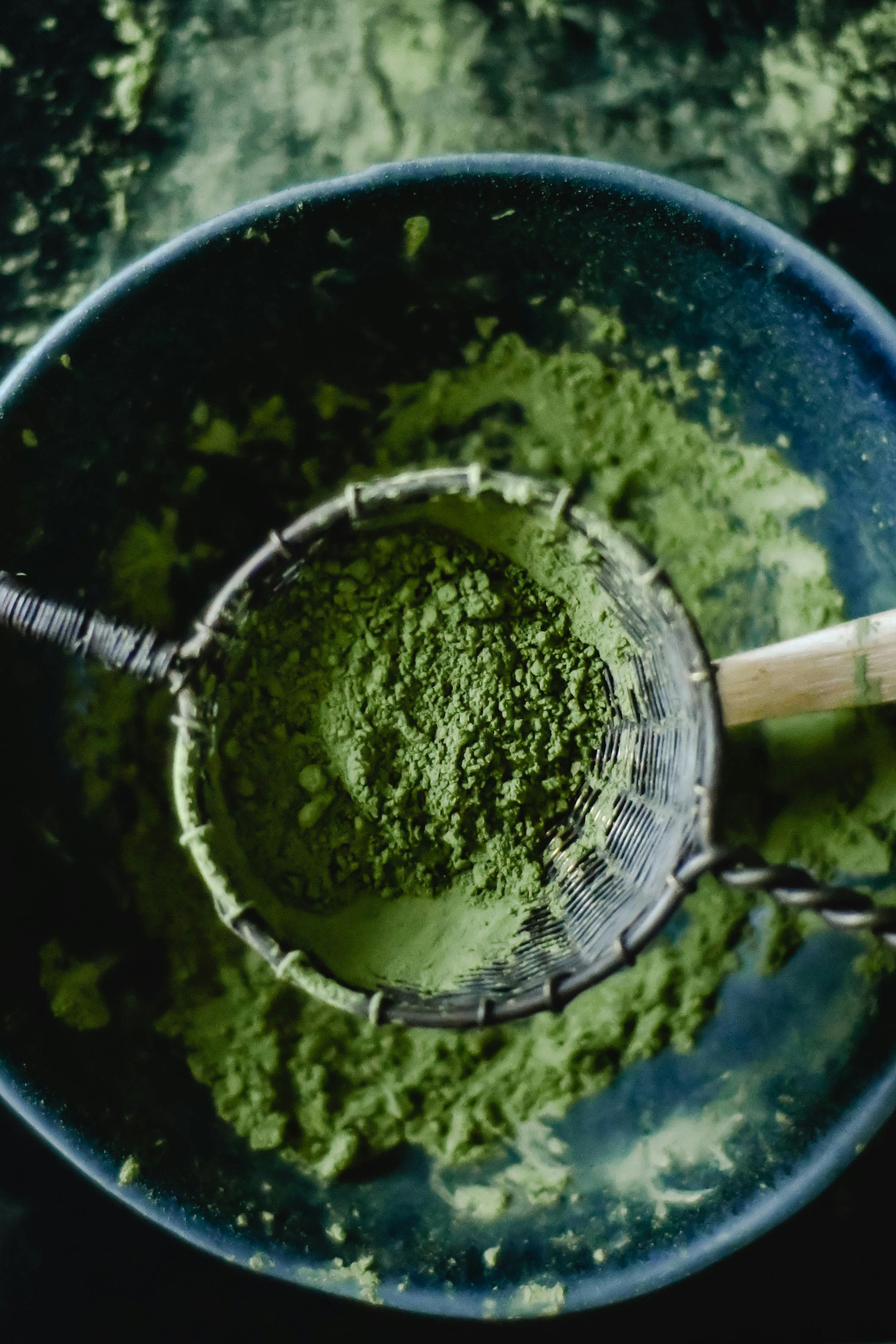
Matcha and Dental Health: Is It Good For You?
Over the last few years matcha has seen a HUGE increase in popularity. A favourite for its vibrant colour, hopeful health benefits, and popularity on social media.
As dentists, we’re often asked about the dental health impact of what we eat and drink. Matcha is an interesting case: it’s packed with antioxidants and nutrients, but like every food or drink, it has both pros and cons when it comes to your smile.
So how does matcha impact the oral microbiome, and is it damaging your teeth?
What are the health benefits of matcha?
Matcha is made from finely ground green tea leaves, meaning you consume the whole leaf rather than just steeped water. This makes it more concentrated in antioxidants such as catechins like EGCG which are known for their anti-inflammatory and antibacterial properties - and is actually the reason we decided to use green tea extract in Dr. Heff’s dental supplements!
Some of the overall health benefits of matcha are thought to include:
-
Boosted metabolism and energy from natural caffeine.
-
Stronger immunity thanks to its high antioxidant content.
-
Reduced inflammation, which supports heart, gut, and even oral health.
Matcha and Oral Health
So, how does all of this relate to your teeth? Here are two pros and two cons when it comes to matcha and your dental health.
Pros:
-
Natural Antibacterial Properties - Catechins in matcha help fight harmful bacteria in the mouth, including Streptococcus mutans, a major contributor to cavities. Drinking matcha may reduce bacteria levels, lowering the risk of tooth decay and bad breath.
- Gum Health Support - Inflammation is a key factor in gum disease. Matcha’s anti-inflammatory compounds can help calm irritated gums and support overall gum health when paired with good oral hygiene.
Cons:
-
Potential Staining - Just like coffee and tea, matcha has the potential to stain teeth over time. The tannins (a compound found in many plants) can contribute to long-term discoloration if drinking matcha regularly for long periods of time. However, swirling water after matcha and regular brushing can help to keep this under control.
- Acidic Effects - Whilst matcha is much less acidic than its caffeinated opponents, coffee and tea, it is often drunk with sweeteners or syrups to balance its bitter taste. Not only can this increase the risk of cavities and other dental health setbacks, but if drinking with syrup regularly, it may even counteract those health benefits you thought you were getting.
How to enjoy matcha without damaging your teeth?
-
Use a straw to reduce contact between matcha and enamel - but be sure to not place the straw on the same tooth with every sip.
-
Rinse with water afterward to wash away tannins and acidity and reduce the risk of decay and staining.
-
Wait before brushing - don’t brush immediately after acidic drinks; wait at least 30 minutes to avoid your softened enamel from eroding.
-
Limit added sugar or opt for plain matcha to avoid excessive sugar intake which can negatively impact tooth health.
The key to enjoying matcha, as with anything, is moderation and positive habits. And if you want a little extra help, give our xylitol and green tea dental supplements a go - just have one after your next matcha to freshen breath, reduce staining, and protect enamel.
Wondering what xylitol is? Head to our xylitol blog post to find out more!
